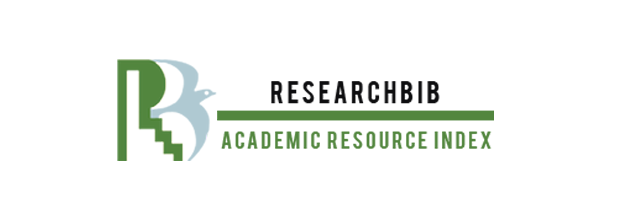مملكة كانم – برنو
Empire of Kanem-Bornu
Abstract
The Kingdom of Kanem is one of the most important Islamic kingdoms that rose in the Sahara Desert between 800 AD - 1600 AD. It lasted eight or nine centuries until the nineteenth century. It spread Islam in central Sudan, and preserved the dissemination of its culture. And had it not been for the strength of its organization and its bases on which it was based, it would not have been It lived all these centuries regardless of its expansion and contraction within its borders. The study aimed to introduce the Kingdom of Kanem before and after its exploration. The study followed the descriptive analytical approach. The study concluded that those who dated the first period of Kanem were Arab travelers or geographers with useful information about the land, terrain, and divisions. As for the peoples, it was simple and did not give clear pictures for reasons including: That they did not live among the peoples and some of them passed through kingdoms in the councils of sultans unnoticed, and that some of them did not visit Africa south of the Sahara, and that the Kanem-Borno empire, which includes the region of Chad, Nigeria, Niger, Cameroon, Central Africa and other parts of Africa, where it extended and expanded and applied its fame horizons, and that the Islamic civilization and Arabic language were rooted in the scholars of Kanem and its sheikhs, and settled in their hearts and spread among them. Education was also restricted to the children of sheikhs and sultans more, and the children of the lower class, the poor did not find an opportunity to teach their young, and this had a great impact on cultural progress in the region.








